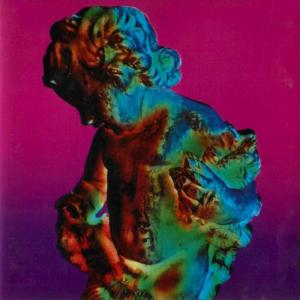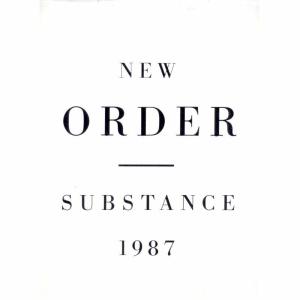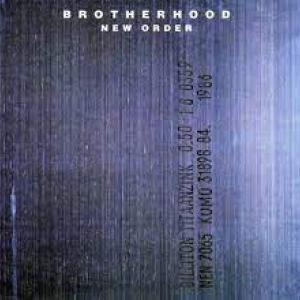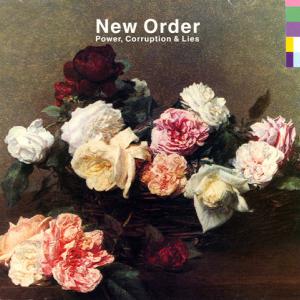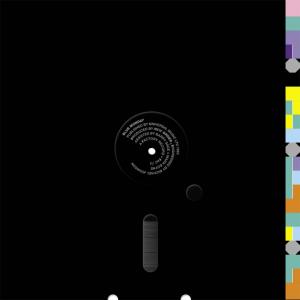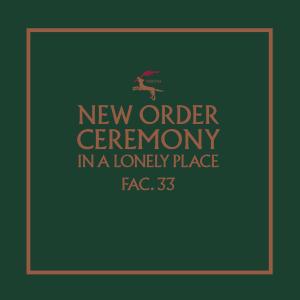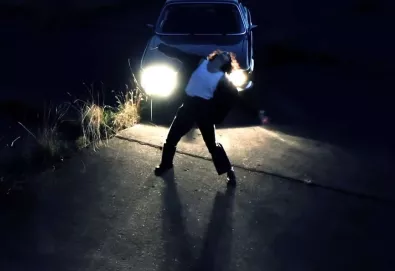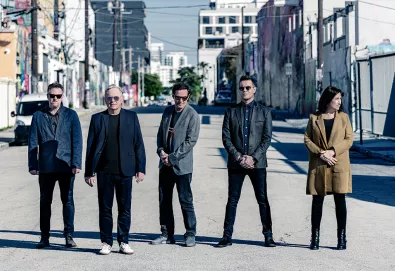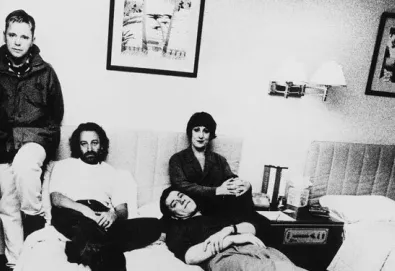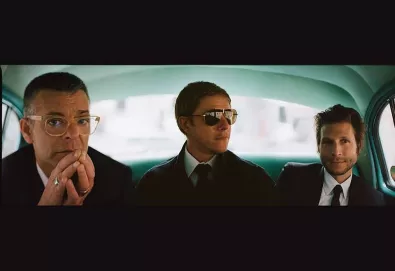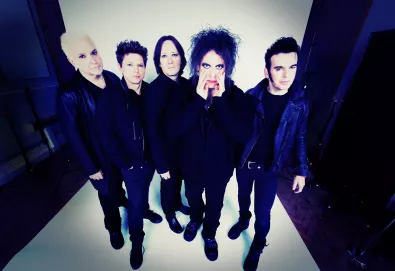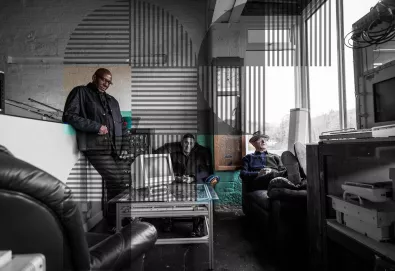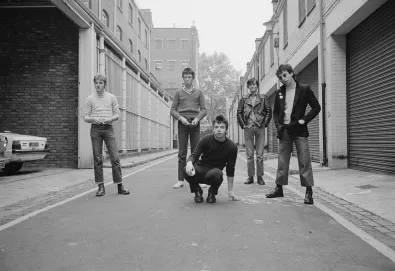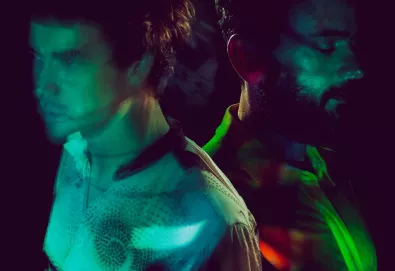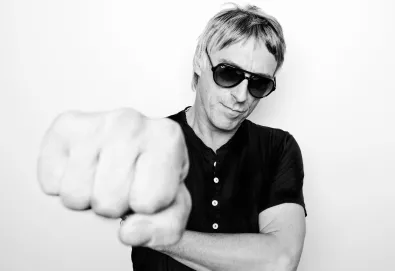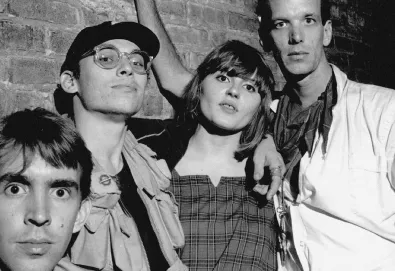Formed in 1980 in the city of Manchester, England, by the remnants of Joy Division - Peter Hook (bass), Stephen Morris (drums) and Bernard Sumner (guitar, vocals) - and Gillian Gilbert (keyboards, guitar), New Order was established as one of the most important groups in the mix of post-punk with electronic music. Recalling that the Joy Division ended that same year after the suicide of vocalist Ian Curtis.
With its own sound, mixing rock with electronic music, creating beats that became popular in dance music over time, the band produced some of the great hits of the 1980s: "Blue Monday", "The Perfect Kiss", "Bizarre Love Triangle "," Confusion ", and more.
The first single released by the group contained two songs written during the Joy Division phase: "Ceremony" and "In a Lonely Place". In September 1981, Factory Records, an independent label that also housed the Joy Division, released a compact entitled 'Procession', which preceded Movement, New Order's first album, released in November of that year.
Movement also brings sound references and the melancholic atmosphere of Joy Division. However, from Power, Corruption and Lies (1983), the second album, New Order began to distance itself from Ian Curtis' shadow and create more dance music, with Kraftwerk, Afrika Bambaata, disco music and the Italian producer Giorgio Moroder as influences.
Still in 1983, the band released the single "Blue Monday", which is considered by many followers of pop music as the most important song in the electronic scene of the 1980s.
Low Life's 1985 album features the hit "Perfect Kiss", which had the music video directed by American filmmaker Jonathan Demme.
In 1986, with the album Brotherhood came one of the most famous songs of the quartet, "Bizarre Love Triangle". The following year, the essential Substance compilation came out, bringing together all the singles released by the band.
Under the strong influence of acid house, the 1989 Technique album featured the hits "Fine Time" and "Round and Round". This album came out at the time that the nightclub Hacienda, belonging to Factory Records, was being invaded by the acid house.
Still, in 1989, Bernard Sumner formed the side project Electronic in partnership with Smiths guitarist Johnny Marr. And, Peter Hook also formed his project, Revenge.
In 1992, the Factory Records was declared bankrupt and the next New Order album, Republic (1993) came out on London Records. After Republic, which had the track "Regret" as its main single, the band went on a long break. A new studio album by the group only came out in 2001. Get Ready brings the music of the group more oriented by the guitar, escaping from the electronic style. Highlight for the tracks "Crystal" and "60 Miles an Hour". At that time, Gillian Gilbert left the band to dedicate herself to her daughter. She is married to drummer Stephen Morris. Phil Cunningham took his place.
In 2005, the band released Waiting For The Siren' Cal, which follows the same formula as its predecessor.
In 2007, after conflicts in the band, Peter Hook announced his departure and the end of the band. However, Bernard Sumner and Stephen Morris denied the end of the New Order with Hook's departure.
In the second half of 2011, after a long pause, the band returned to perform some shows, marking the return of keyboardist Gillian Gilbert to the band and the inclusion of bassist Tom Chapman, in place of Peter Hook.
In early 2013 came Lost Sirens, an album composed of tracks that were recorded during the sections of Waiting For The Siren' Cal. Music Complete, their tenth album, was released in 2015 on the Mute label.
- Origin:
- Log in or register to post comments














